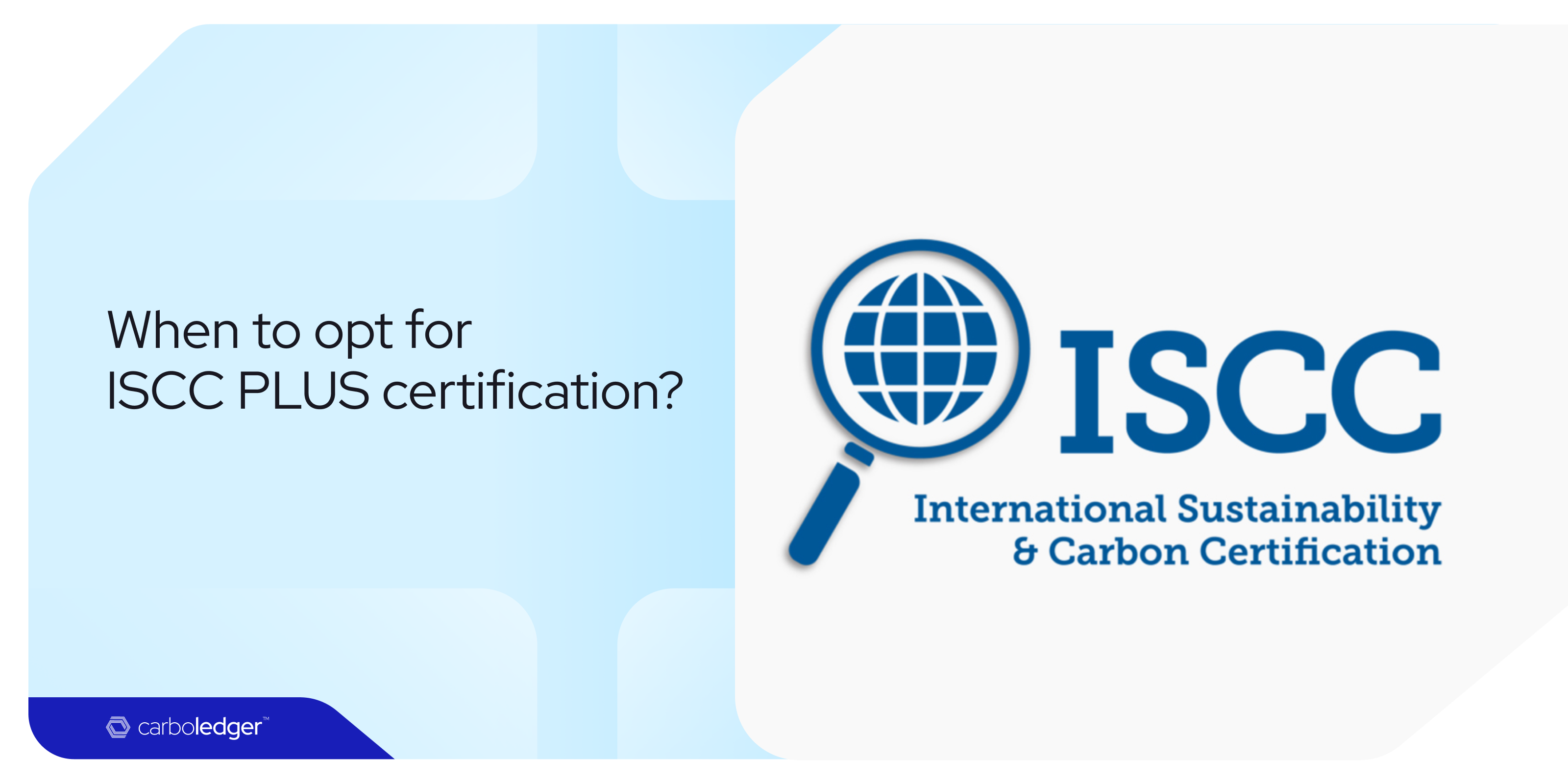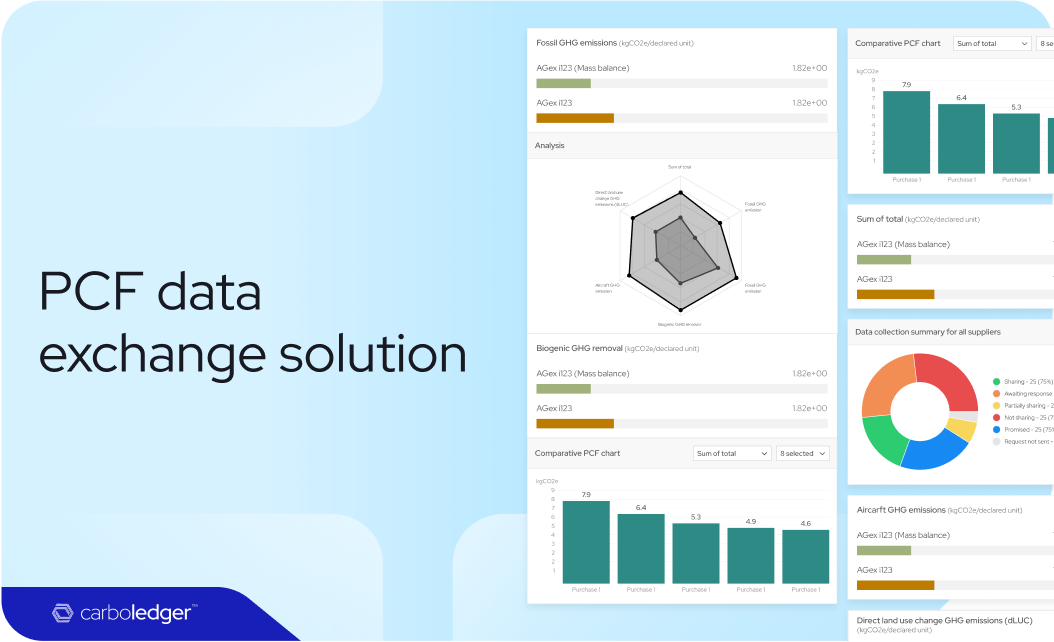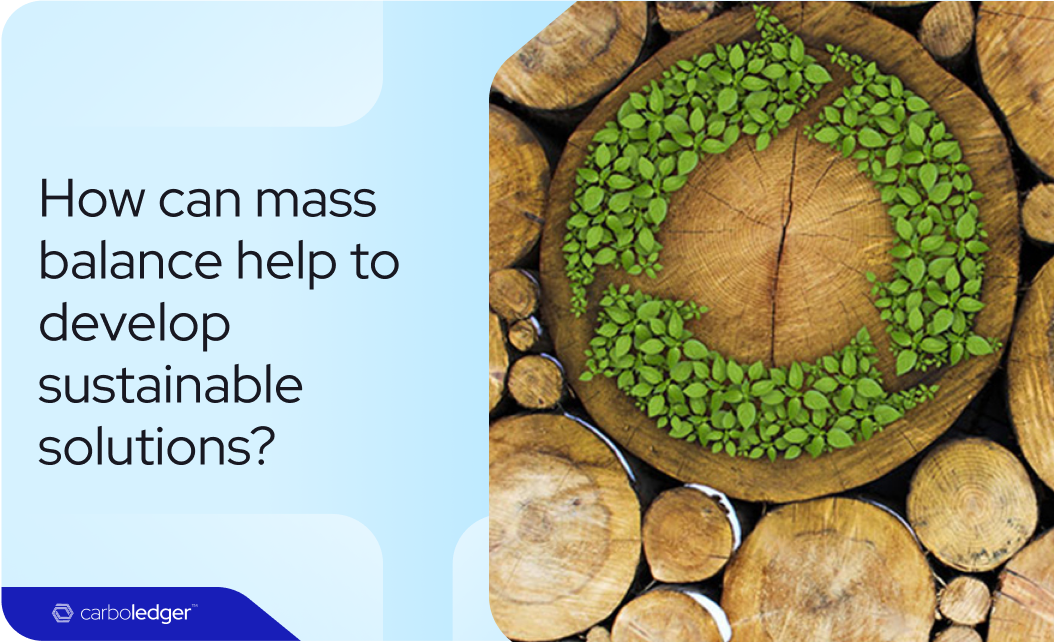As global awareness of environmental issues deepens, sustainability has become a crucial focus for various industries worldwide. Companies are increasingly held accountable for their environmental impact, and stakeholders — from consumers to regulators — demand transparency and responsible and bio-friendly practices. In this context, certifications like ISCC PLUS (International Sustainability and Carbon Certification) play an important role in verifying a company’s commitment to sustainable operations.
ISCC PLUS is not just a certification; it is a key differentiator that enables companies to substantiate their sustainability claims, especially in sectors such as plastics and chemicals. We’ll explore in this blog the situations that warrant ISCC PLUS certification for companies and outline the advantages and challenges that may arise, particularly about ISCC mass balance, mass balance bookkeeping, mass balance automation, and the strategic advantages of integrating this certification within their business operations.
Understanding ISCC PLUS certification
ISCC PLUS is a globally acknowledged certification system that expands to the original ISCC certification, which was originally developed for the bioenergy sector. Unlike its predecessor, ISCC PLUS applies to a broader spectrum of industries, including chemicals, packaging, plastic, and bio-based materials.
The primary goal of this certification is to ensure that companies uphold sustainability practices across the supply chain — from the procurement of raw materials to the final product’s delivery. ISCC PLUS certification is particularly vital for companies aiming to validate sustainability commitments.
It helps companies ensure that their products meet environmental goals, which is increasingly critical as consumers and regulators demand a higher level of transparency and accountability. For instance, in the plastic industry, where the environmental footprint of production is a pressing issue, ISCC PLUS certification can ensure that sustainable practices are rigorously followed throughout the supply chain.
When should a company consider ISCC PLUS Certification?
Achieving sustainability goals
Companies aiming to boost the sustainability credentials of their products should consider ISCC PLUS Certification to benchmark and validate their efforts. This certification reflects a strong commitment to eco-friendly processes and can substantiate the use of sustainable raw materials and production practices. A chemical company transitioning to more sustainable raw materials can use ISCC PLUS certification to verify the sustainability of these materials and the entire production process, leveraging the concept of mass balance bookkeeping to document these efforts. Companies such as BASF, Perstorp, and Eastman are leveraging ISCC PLUS certification to provide a portfolio of sustainable offerings to their customers
Meeting market demands
As demand for sustainable and traceable products increases, the company must consider these expectations and meet them effectively. ISCC PLUS certification provides a transparent framework that helps companies demonstrate their commitment to sustainable steps. In the plastic industry, where environmental scrutiny is rising, this certification makes sure that products are produced without harming the environment and tracked efficiently using mass balance automation.
Supply chain transparency
Ensuring this aspect is crucial in today’s global economy, ISCC PLUS certification requires companies to track the sustainability of their entire supply chain. This becomes even more important in complex industries such as the chemical industry. Integrating mass balance automation helps streamline the tracking of sustainable materials and ensures compliance with ISCC PLUS standards






